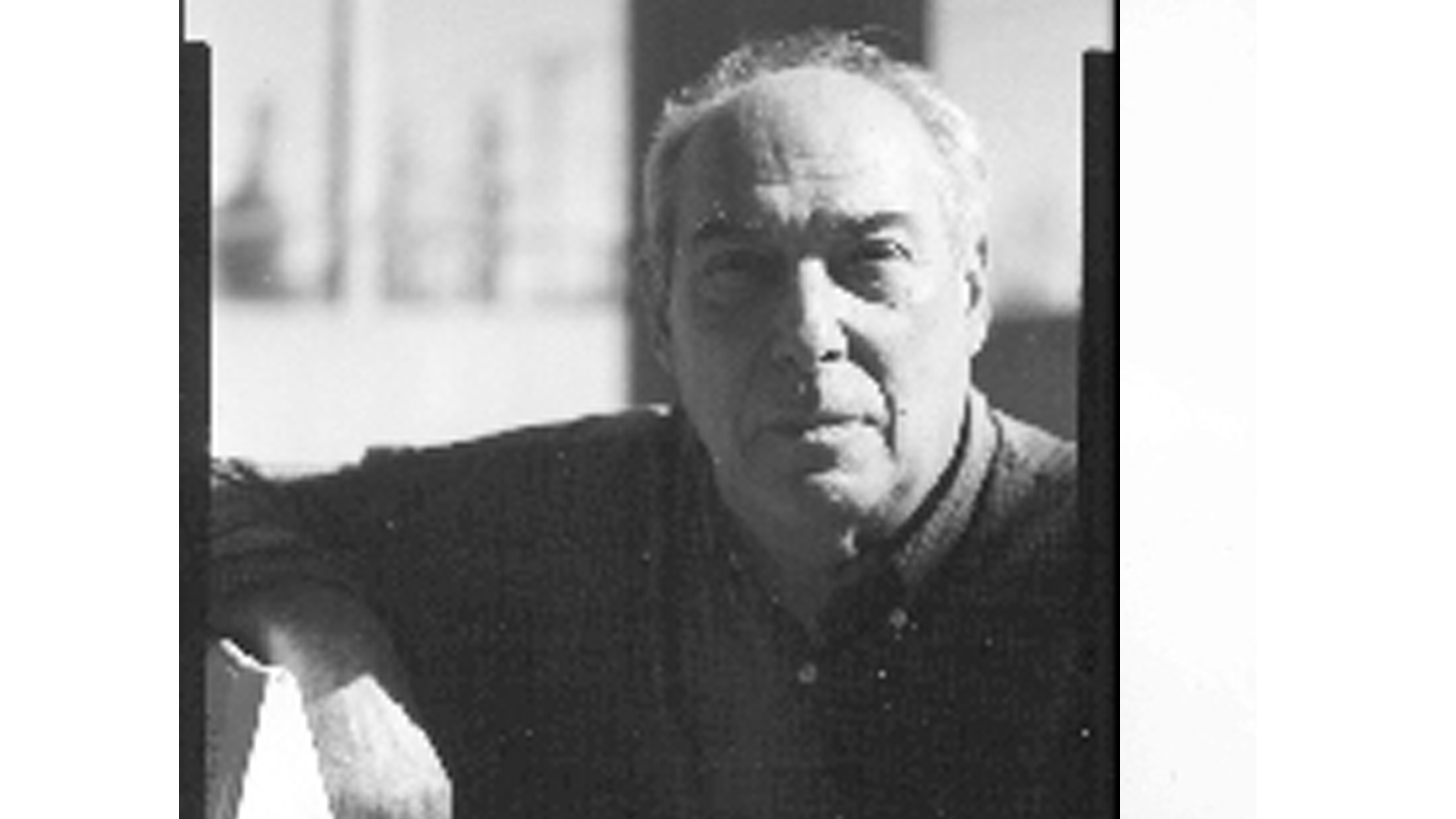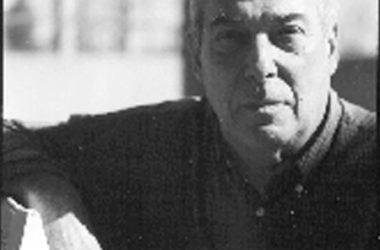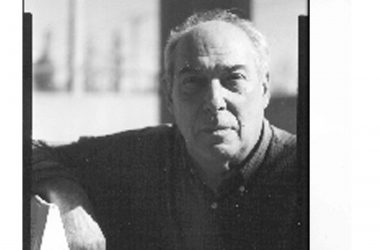Am I a Jew? In 1994, having read something in which I called for the abolition of the white race, a man wrote me asking if I was Jewish. My answer was, I do not adhere to the Judaic religion, observe Jewish rituals or live in a community of Jews. Therefore I do not consider myself a Jew. I see no reason to amend that statement. Sensing from the tone of the letter that the writer’s intentions were not benign, I added that perhaps he had some other definition of “Jew” that applied to me, but in my view, “Jew” is a religious identity, except where Jewish ancestry has been assigned a social value, generally by anti-Semites or zionists.
I once attended a religious ceremony put on by secular Jews in connection with the birth of their daughter. When I asked them why they chose to enact a ritual of a religion they did not believe in—indeed, why they identified themselves as Jews at all—they answered that so long as anti-Semitism existed it was necessary to continue to identify as Jews. Their answer made no sense to me: I am not black, but I fight white supremacy. Years ago in New York there was a popular series of advertising posters featuring different characters intended to be taken as not-Jewish: a cop with the map of Ireland on his face, a black construction worker, a Chinese cook, etc. Accompanying each was the slogan, You don’t have to be Jewish to love Levy’s Rye Bread. If one didn’t have to be Jewish to love Levy’s Rye Bread, why did one have to be Jewish to fight anti-Semitism? Indeed, as Hannah Arendt and others pointed out, one of the evil deeds of the Zionists was to try Eichmann for crimes against “the Jewish people” people instead of for crimes against humanity. Their aim in doing so was to establish their claim to speak for Jews everywhere, and to underscore their contention, which they shared with the Nazis, that Jews were outside of humanity (“the nations,” as the Talmud reads).
Another person explained why she and her husband, both atheists, had their new-born son circumcised: We wanted him to look like his father. Her answer was not necessarily Jewish, I reflected, since male genital mutilation is routinely practiced in U.S. hospitals, on gentiles as well as Jews, but so long as people thought that way, that barbaric custom will never die out. Furthermore, I said to myself, he doesn’t have his father’s eyes, or his father’s hair color—why does he need his father’s putz?
The first thing I read that directly addressed this issue was Isaac Deutscher’s “The Non-Jewish Jew,” written shortly before his death in 1967. In that essay, Deutscher, born in Poland in 1907, reviewed his upbringing as an Orthodox Jew—he was ordained as a rabbi at the age of thirteen—and went on to describe his struggle to break free of the narrowness of the shtetl and enter on the broad pathways of world culture (just as my grandfather Nathan had done). With irony he observed the efforts of modern secularized American Jews to keep alive traditions that he and his cohorts had tried to escape, traditions that were dead before many of those seeking to perpetuate them had been born, and ended by describing himself as a “non-Jewish Jew.”
I understood the adjective, but why the noun? Why a Jew at all, I asked. Was Deutscher’s formula his version of what I had been told on many occasions, that if the Nazis come to power l would discover that I was a Jew? Was he simply acknowledging the truth of the point Sartre had made in “Anti-Semite and Jew,” that society defined the Jew, who was its product? (Simone de Beauvoir had made the same point in relation to women in The Second Sex; Richard Wright, in Twelve Million Black Voices, called “Negro” a fiat, not a description;Faulkner, in Go Down Moses, wrote that one of his characters “had been forced to live his life as a Negro.”) Granted the truth of the insight shared by Sartre, de Beauvoir, Wright and Faulkner, was it necessary to accept (and thereby perpetuate) a socially-imposed definition? Drawing on my experience grappling with whiteness, I knew that so long as the “white race” existed as a social category, it was unlikely that I or any other individual could escape from it: even those “whites” who stepped out of it in one context would be pulled back in another, if only because of the assumptions of others. Therefore, while I described myself as “anti-white,” I was not so bold as to call myself “un-white.” But neither would I voluntarily describe myself as “white.”
In Cult, Ghetto and State, Maxime Rodinson said that there were people who considered him a “Jew” regardless of his atheism. “I consider myself French,” he wrote, “My language is French, my culture is essentially French. I can sing in French, for example, whereas I don’t know any Hebrew or Yiddish songs.” His statement liberated me, not from other people’s anti-Jewish sentiments, which I had never encountered to any serious degree anyhow, and not from the willingness to acknowledge my forefathers—the ones I knew—but from the convention that one’s ancestry determines one’s affiliations. The scientists tell me I am descended from earlier hominids, and if it is true it partly explains my behavior, yet I do not consider myself an australopithicene.
A few years ago I came across a letter from Simone Weil. In 1940, when the Vichy regime promulgated a Statute banning Jews from the teaching profession, she wrote to the Minister of Education asking for clarification:
I do not know the definition of the word, “Jew”; that subject was not included in my education. The Statute, it is true, defines a Jew as “a person who has three or more Jewish grandparents.” But this simply carries the difficulty two generations back. Does this word designate a religion? I have never been in a synagogue, and have never witnessed a Jewish ceremony. As for my grandparents—I remember that my paternal grandmother used to go to the synagogue, and I think I have heard that my paternal grandfather did likewise. On the other hand, I know definitely that both my maternal grandparents were free-thinkers. Thus if it is a matter of religion, it would appear that I have only two Jewish grandparents, and so am not a Jew according to the Statute. But perhaps the word designates a race? In that case, I have no reason to believe that I have any link, maternal or paternal, to the people who inhabited Palestine two thousand years ago… . I myself, who profess no religion and never have, have certainly inherited nothing from the Jewish religion… . I would say that if there were a religious tradition which I regard as my patrimony, it is the Catholic tradition. In short, mine is the Christian, French, Greek tradition. The Hebraic tradition is alien to me, and no Statute can make it otherwise.
Substitute Puritan for Catholic, English and Latin for French and Greek, and you will have me, even to the two non-observant maternal Jewish grandparents.
Recently a friend was joshing me about being Jewish in some of my tastes and habits. I have never denied it, I replied (though I would prefer the term Yiddish), but that is not all I am: my musical preferences range from Mozart to Miles to the Rolling Stones; my sports heroes are Willie Mays, John McEnroe and Michael Jordan; my reading taste runs to Mark Twain and B. Traven… you get the idea. Like any person living in America, I am, according to Albert Murray (The Omni-Americans), “part Yankee, part Indian and part Negro,” with a pinch of ethnic salt. Or as blues artist Josh White sang, I am African and Indian, Mexican, Mongolian, Tyrolean and Tartar—and that’s the news, yes that’s the news—that’s the free and equal blues.
Send comments to [email protected]. Indicate if they are intended for publication.



